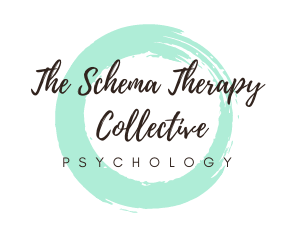Many people with a self-sacrifice schema have childhoods that strongly encouraged self-sacrifice including religious beliefs that over value self-sacrifice. Women are very often taught that being a good woman means overdoing for others at the expense of self. This is a pattern that is expected of women by our culture and is highly promoted as a virtue. Self-sacrifice is very commonly associated with the unrelenting standards , emotional deprivation, defectiveness/ shame and subjugation schemas and is a recipe for burnout.
Any combination of these schemas can make it difficult to break the self-sacrifice habit as can be the positive feedback you receive from others. You may fear that others will like you less if you stop doing everything they ask.
So it can be easy for people to manipulate you back into your old patterns just by using the term selfish or if you are a woman, making you feel like you’re not a good enough woman if you do not do what they want.
What happens when you stop self-sacrificing?
I’d love to say that you will feel a lot better and everyone you know cheers you and tells you they are proud of you for taking care of yourself.
But, some people in your life who have benefited from your self-sacrifice habits won’t be that happy about the boundaries you put in place. And by that I mean you saying no to their requests or stopping routines that deplete you and don’t meet your needs.
However, that would be lying. The truth is you will start to feel better and have more energy as you start implementing boundaries and taking care of your own needs.
They will protest in various ways and may even call you selfish. It can lead to some people giving up because they are induced by guilt and can’t handle the idea of others seeing them as selfish.
Changing this pattern is worth it. Your health and well-being matter. Your needs matter. Keep going.
See the manipulations for what they are and stay firm. Hold your boundaries. Recognise when you are enjoying feeling saintly at the cost of yourself. This post on your rights for emotionally health relationships might help support you as implement your new boundaries.
You’re health and well-being is important too.
Your needs matter.


